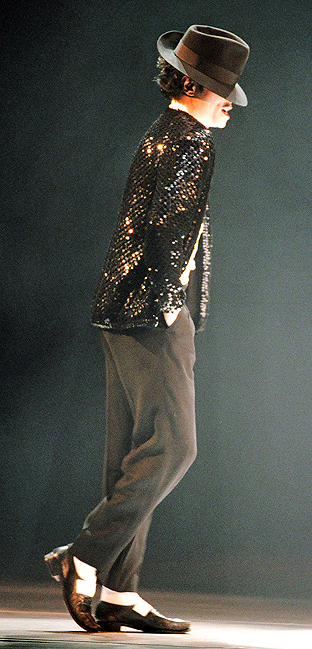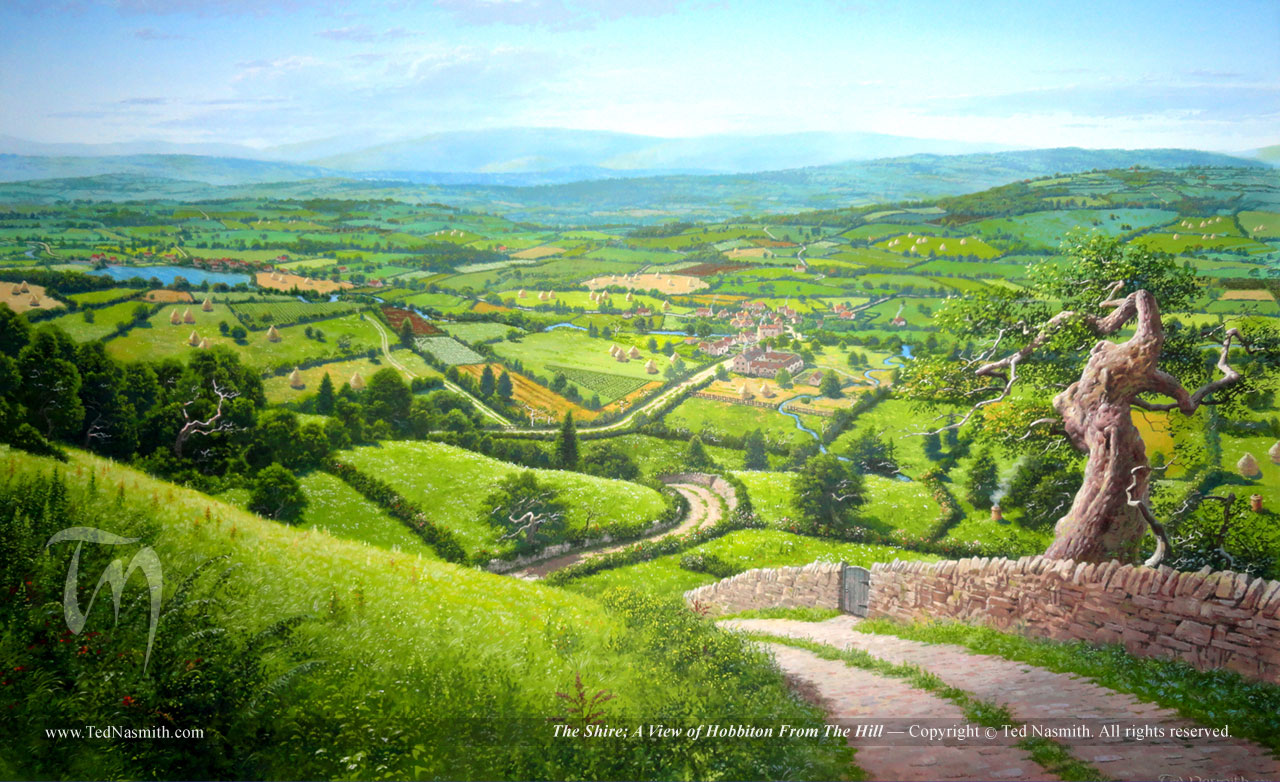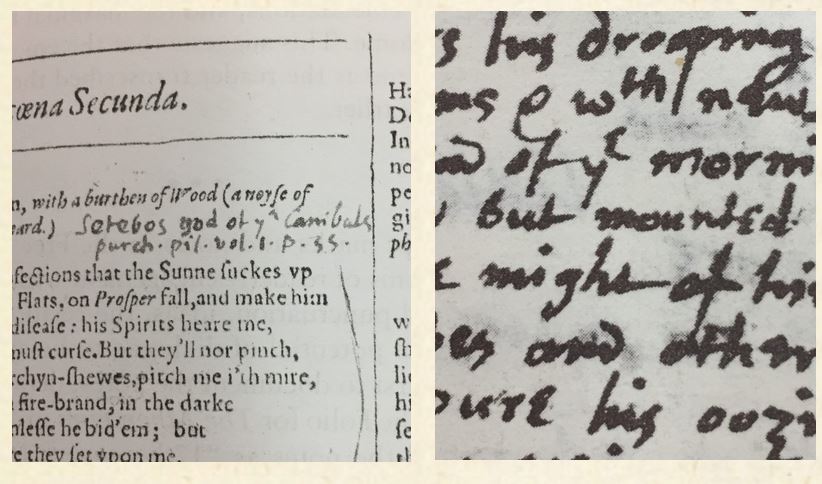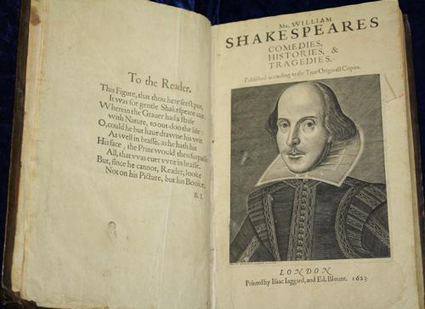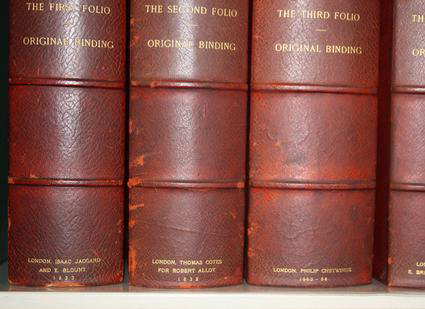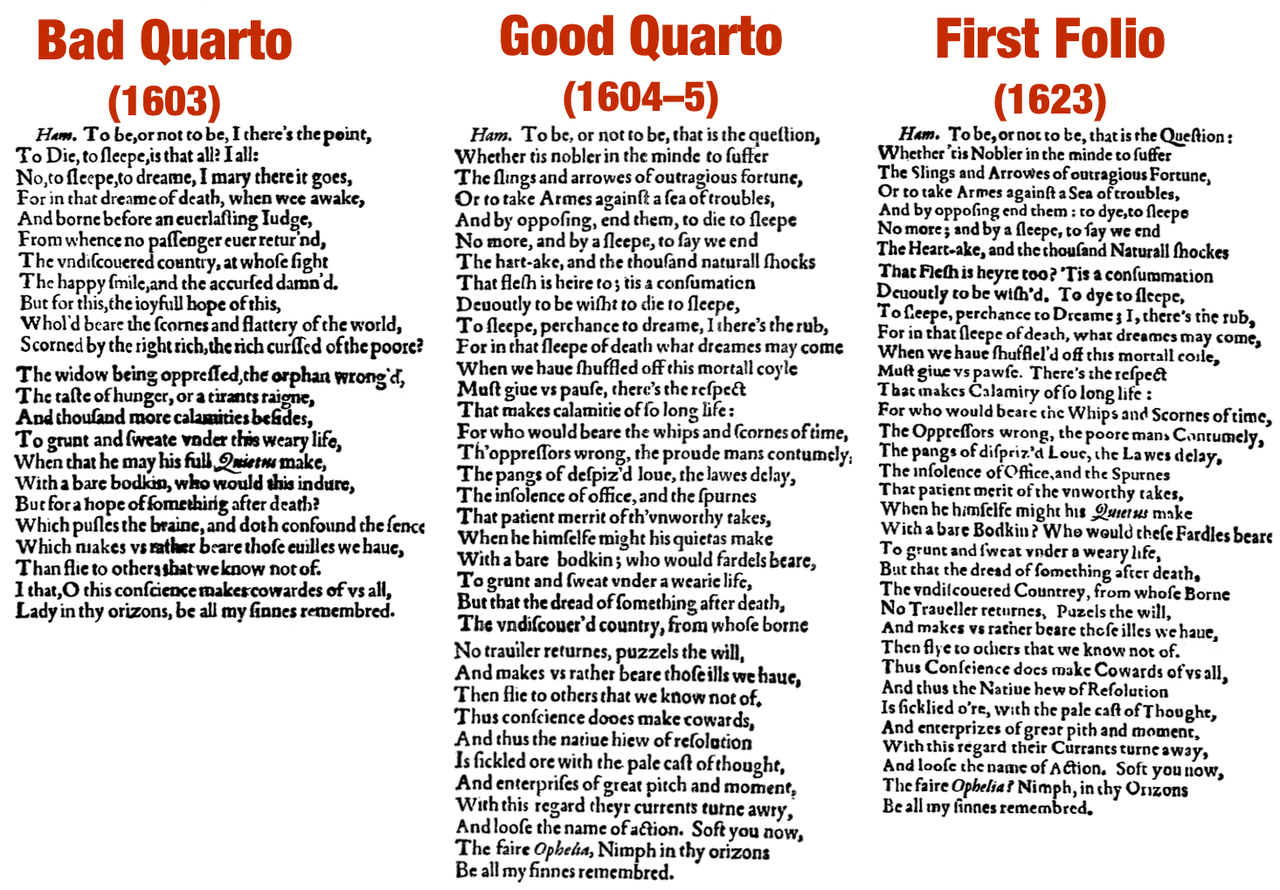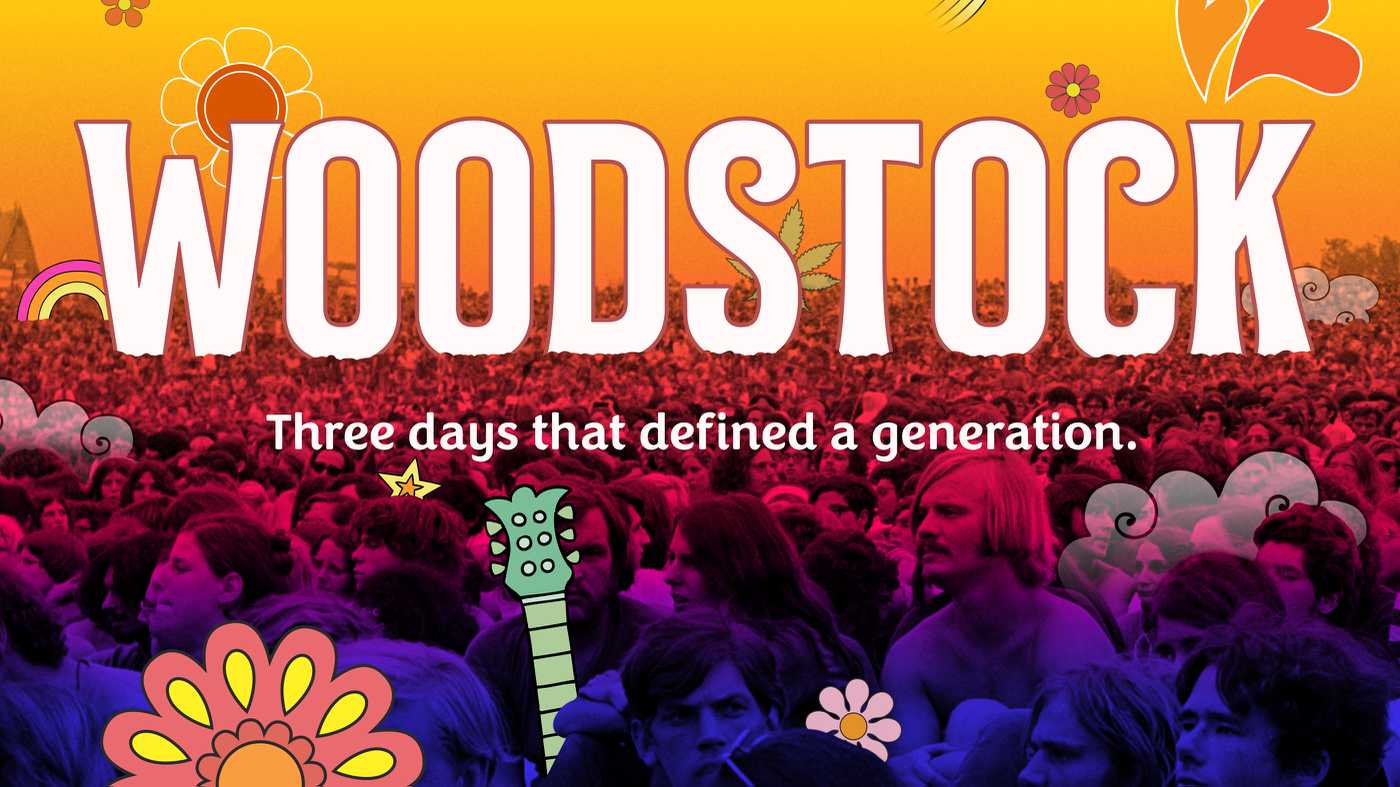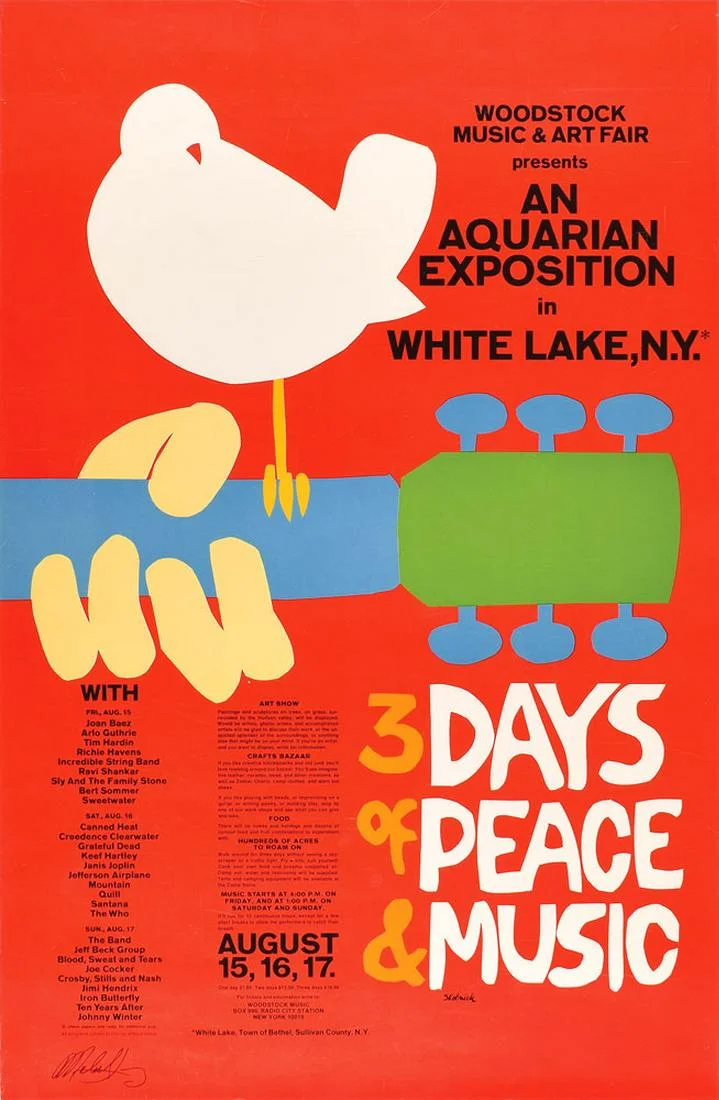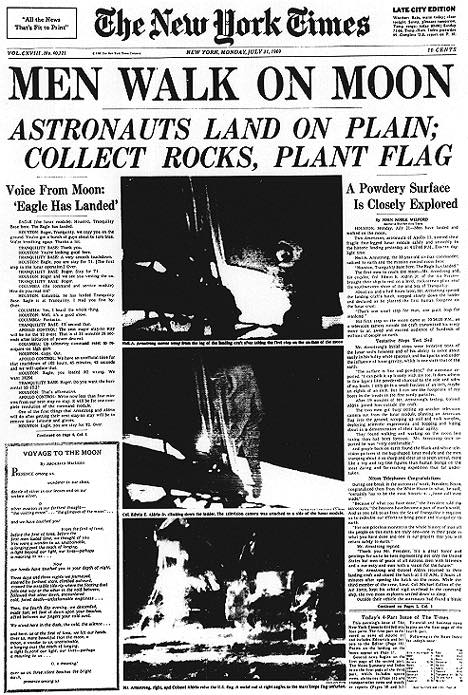
A Thriller of a Moonwalk
And yet how soon we forgot the significance of the Moonwalker
In the late 1990s I was directing a play in New York City with a cast of some six or eight actors, all in their twenties. The action was set across the 1960s and beyond. And part of the plot included a young co-ed having an affair with one of her professors.
I had remarked to the cast that there had come a time when I vowed to myself that I would never date a girl who was born after the Moonwalk.
One of the cast members immediately responded, “Oh I remember that! My mom got me out of bed to watch it.” And a general murmur went around in agreement of the shared experience.
She was referring to Michael Jackson’s backwards stroll in 1983, on some Motown anniversary TV show. And it turned out every actor in the room was thinking of the same performance.
It did not occur to one person that I was referring to what is arguably the most significant achievement in the history of human endeavor since the invention of writing or arithmetic.
And not one of them was aware that Michael Jackson didn’t invent the shuffling dance steps with which he is now and forever associated. Similar versions of it had been captured on film or video from Cab Calloway in the 1930s to James Brown in the 1980s. Names they had heard of but really had no idea who they might refer to.
Even the name “moonwalk” for such a dance move appears to have originated in a 1969 episode of Sid and Marty Kroffts’ Saturday morning children’s TV show H. R. Pufnstuf.
I am glad the 50th Anniversary of Apollo 11 has brought attention to the magnificent achievement of all involved, and reminded or enlightened people today of the astounding limitations of science and engineering at the time it all took place. But I perceive how it matters much more to those who were alive when it happened than those who were not.
But that is just the way it goes, in this nation at least.
I also remember directing a different play with a different cast, and having to explain significant historical events relating to the Civil Rights Movement to a group of African-American actors who had no idea who Medgar Evers was or even Malcolm X, although these college-educated young adults had heard the name. Dr. King of course they knew, but not with much intimacy.
But then, I had always been saddened and appalled by how ignorant many American actors are about history, even the immediate history of their own era. And they tend to need to know about history for professional reasons more than most other Americans.
It has since become obvious that many Americans are just as appallingly ignorant of history, geography, and so on, and probably more so. Even worse, the complete lack of critical thinking that once upon a time had to be mastered to get anywhere near a Master’s degree, seems to have been purposely removed from university requirements.
How can we expect our citizens to make informed decisions if they are so uninformed, or do not understand the important differences between decisions based upon knowledge acquired through verifiable and empirical evidence, and believing whatever sounds good to one’s prejudiced desires?
How can we expect our citizens to recognize the warning signs of Fascism if they do not even remember what it was, or even understand what the word actually means?
(Fascism has no inherent connection to things like White Supremacy, Racism, or Antisemitism, even if it appeals to many of their practitioners.
According to Giovanni Gentile, the philosophical father of modern Fascism, it is defined as the marriage of corporate and government power, where the industrial corporations have the power to regulate themselves and the rights and wages of their workers, with the government enforcing and protecting corporate power, and profiting from placing the needs of the corporations above all other things.
In practice, this was achieved by replacing the power of democratic majority rule with a political ruling class who do not have to obey laws in the same way as the basic citizen. Sound familiar?)
Oxford English Dictionary Word of the Day
Your word for Sunday 21st July is: moonwalker, n.
moonwalker, n.
[‘A sleepwalker. rare—0.’]
Pronunciation: Brit. /ˈmuːnˌwɔːkə/, U.S. /ˈmunˌwɔkər/, /ˈmunˌwɑkər/
Origin: Formed within English, by compounding. Etymons: moon n.1, walker n.1
Etymology: < moon n.1 + walker n.1 In sense 1 after moonwalking n. In senses 2 and 3 after moonwalk n.
- A sleepwalker. rare—0.
1950 Webster’s New Internat. Dict. Add. Moonwalking, sleepwalking outdoors in bright moonlight.—Moonwalker.
- A person who walks on the moon; an astronaut.
1969 Times 3 June (Suppl.) p. iii/1 The two moon-walkers will be in the lunar module’s upper, or ascent stage.
1994 Guardian 1 July ii. 28/1 If..lunar voyages had become commonplace, the moonwalkers themselves would seem no more exotic now to the rest of us than Concorde pilots.
2007 G. Heiken & E. Jones On Moon 456 All of the moonwalkers adapted to lunar gravity quickly and easily.
- A person who performs the moonwalk (see moonwalk n. 2).
1986 Chicago Tribune(Nexis) 23 Feb. vii. 6/1 Singer Michael Jackson and his brothers backed into a neighborhood moonwalker in the 1984 Pepsi commercials.
1988 M. Jackson(title of film) Moonwalker.
1993 Sports Illustr.(Electronic ed.) 27 Sept. Then he tosses an 18-yarder to Michael Jackson—the wideout, not the moonwalker.
1999 Herald (Glasgow)(Electronic ed.) 25 Nov. It will not be the first time the dancing moonwalker has appeared in front of the cameras. Jackson gave film a go in 1978 when he appeared as a scarecrow in The Wiz.
